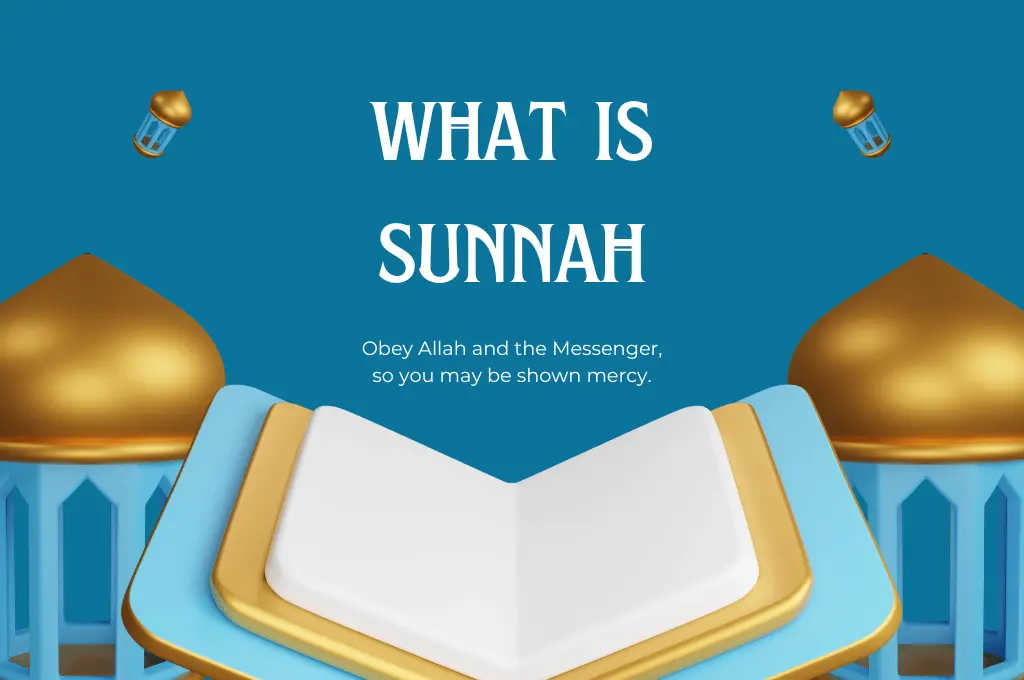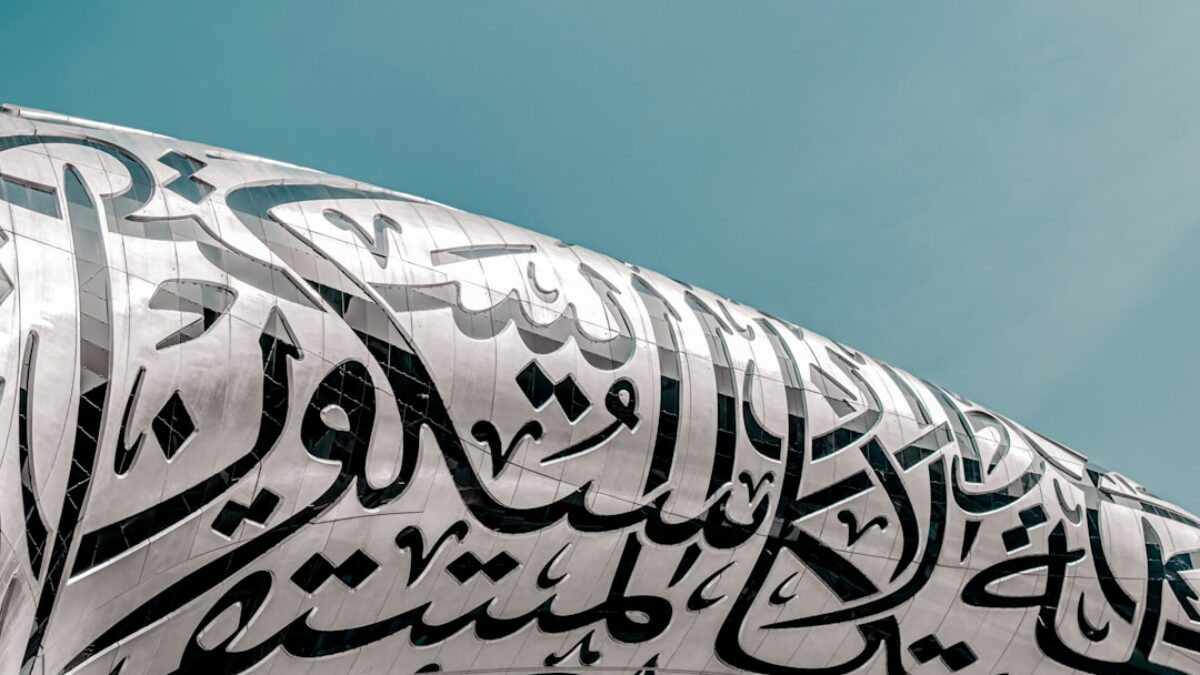Islam is often described as a complete way of life, not merely a set of rituals confined to the mosque. At its heart lie a constellation of values—timeless principles revealed by Allah and exemplified by Prophet Muhammad ﷺ—that can illuminate every corridor of our daily existence. Whether you are negotiating a tough deadline at work, soothing a child at bedtime, or deciding how to spend a quiet Sunday morning, these values offer a moral compass, a source of resilience, and a means of drawing nearer to the Divine.
In this article we explore ten core Islamic values that can genuinely transform your everyday life. Each value is unpacked through three lenses: understanding its theological roots, appreciating its practical benefits, and discovering concrete ways to embody it “on the ground.” By the end, you will have not only theoretical insight but also a repertoire of habits you can start today—no matter where you live, what you do, or how long you have (or have not) been practicing Islam.
Understanding the Islamic Value System
Islamic ethics are anchored in the Qur’an and the Sunnah. Unlike abstract philosophical systems, these sources ground morality in relationships: our relationship with Allah, with our own souls, with other people, and with the natural world. Values are therefore not isolated virtues but an integrated ecosystem that nurtures spiritual maturity. When one value is neglected, the entire ecosystem suffers; when one is strengthened, the whole garden flourishes.
Scholars traditionally categorize Islamic values into three tiers:
- Aqīdah (creedal values like Tawḥīd)
- Akhlāq (character values like honesty and humility)
- Muʿāmalāt (socio-economic values like justice and trustworthiness)
The ten values below span all three tiers and are selected for their immediate relevance to daily decisions and interactions.
The 10 Islamic Values That Transform Daily Living
1. Tawḥīd (Oneness of Allah)
The foundational value of Tawḥīd is more than a theological proposition; it is an organizing principle for thought, emotion, and behavior. Recognizing that Allah is al-Razzāq (the Provider) curbs anxiety over livelihood; remembering that He is al-Ḥakam (the Judge) dissuades us from seeking revenge; internalizing that He is al-ʿAlīm (the All-Knowing) restrains secret sins.
Practical Applications
- Morning Intention: Begin each day with duʿāʾ: “O Allah, make every heartbeat a testimony to Your Oneness.”
- Decision Filter: Ask, “Does this choice reflect my belief that Allah alone controls outcomes?”
- Evening Audit: Review five moments where recognizing Tawḥīd could have shifted your reaction.
2. Ikhlāṣ (Sincerity)
A single grain of sincerity elevates an ordinary act into worship. The Prophet ﷺ warned that ostentation (riyāʾ) is like hidden polytheism because it diverts Allah’s rightful due to our ego. Ikhlāṣ is therefore a spiritual detox, purifying motives until every salah, smile, and spreadsheet is performed “to be seen by Allah.”
Practical Applications
- Before any task, silently recite: “O Allah, I seek Your pleasure alone.”
- Rotate hidden good deeds—e.g., anonymously paying for a stranger’s coffee—to train the soul.
- Use quarterly self-reflection prompts: “Would I still do this if no one ever knew?”
3. Taqwā (God-Consciousness)
Sometimes translated as piety or mindfulness, Taqwā is the vigilant awareness that Allah sees you. It is the inner alarm that rings before thoughts turn into words, words into actions, and actions into habits. The Qur’an promises that “Whoever has Taqwā, Allah will make for him a way out and provide for him from where he does not expect” (65:2–3).
Practical Applications
| Trigger Moment | Micro-Practice of Taqwā |
|---|---|
| Incoming email that angers you | Pause, say taʿāwudh, draft a reply you would read aloud to Allah. |
| Online shopping cart | Ask, “Is this within my budget and free of doubtful income?” |
| Friday night plans | Check alignment with Qur’anic boundaries before confirming. |
4. Ṣabr (Patient Perseverance)
Ṣabr is not passive endurance but active resilience. It appears in three Qur’anic contexts: enduring hardship, restraining anger, and steadfast obedience. Modern psychology echoes this by distinguishing between perseverance and learned helplessness; the former is empowering, the latter paralyzing.
Practical Applications
- The 90-Second Rule: When anger surges, breathe slowly for 90 seconds (neuroscience shows this is how long an emotion chemically lasts).
- Gratitude Pivot: Pair every complaint with one silent praise of Allah.
- Vision Board: Keep a Qur’anic verse on patience visible at your workstation.
5. Shukr (Gratitude)
Allah declares, “If you are grateful, I will surely increase you” (14:7). Gratitude is therefore not simply good manners; it is leverage for barakah (divine blessing). Shukr is expressed verbally (al-ḥamdu lillāh), physically (using limbs in obedience), and socially (sharing resources).
Practical Applications
- Five-Minute Journal: Every night list three blessings, one Qur’anic lesson, and one act of service.
- Gratitude Walk: While commuting, mentally thank Allah for five mundane but essential things (e.g., traffic lights that prevent chaos).
- Service Loop: Turn every blessing into a channel for giving—if Allah blessed you with knowledge, tutor a refugee student.
6. Tawakkul (Reliance on Allah)
Tawakkul is the balanced equation between human effort and divine reliance. The Prophet ﷺ instructed a Bedouin who left his camel untied: “Tie it and then trust in Allah.” Thus, action + trust = Tawakkul, whereas neglect + fatalism ≠ Tawakkul.
Practical Applications
- Before a crucial presentation, prepare thoroughly, then recite “Hasbunā Allāh wa niʿma al-wakīl”.
- Upon receiving results (a promotion, a rejection), respond with “qaddara Allāh wa mā shāʾa faʿal” (Allah has decreed it and what He wills, He does).
- Create a Tawakkul Jar: drop coins daily as tangible proof that provision comes from Allah, then donate the sum monthly.
7. ʿAdl (Justice)
ʿAdl literally means to place things in their rightful place. It spans fairness in courtrooms to honesty in Instagram captions. Allah commands: “O you who believe, be persistently standing firm for Allah as witnesses in justice” (4:135). Note the emphasis on persistence—justice is not situational.
Practical Applications
- Pay Equity Audit: If you manage staff, ensure salaries are transparent and gender-equitable.
- Social Media Integrity: Credit creators and verify information before sharing.
- Family Fairness: Divide household chores and screen-time limits justly among children.
8. Amanah (Trustworthiness)
The Prophet ﷺ was called al-Amī (the Trustworthy) even by his enemies. Amanah covers physical deposits, professional responsibilities, and even your neighbor’s Wi-Fi password. Breaching trust is a gateway to societal collapse, whereas upholding it is a silent daʿwah.
Practical Applications
- Return extra change at the grocery store; the cashier’s shock is priceless daʿwah.
- Honour work deadlines as spiritual vows.
- Use privacy settings conscientiously before sharing group photos.
9. Iḥsā(Excellence and Benevolence)
Iḥsāis worshipping Allah as if you see Him, and while you do not see Him, know that He sees you. It is the upgrade from obligation to excellence: a smile added to a greeting, a garnish added to a dish, a handwritten note slipped into a parcel. Allah loves those who do things “in the most beautiful way” (16:90).
Practical Applications
- PLUS ONE Rule: Whatever you do, add one extra act of beauty—launder a borrowed garment before returning it.
- Customer Service Iḥsā: Replace templated replies with personalized gratitude.
- Green Iḥsā: Choose reusable products to show excellence toward the planet.
10. Khidmah (Service)
Prophet Muhammad ﷺ said, “The best of people are those who are most beneficial to others.” Khidmah is horizontal worship—serving people for the sake of Allah. It dissolves egocentrism, fosters empathy, and builds ummatic solidarity.
Practical Applications
- Schedule micro-volunteering slots (10-minute calls to elderly relatives).
- Create skill-swap circles in your community—legal advice for carpentry, tutoring for babysitting.
- Develop a Khidmah Resume listing unpaid services offered quarterly.
Benefits and Importance
- Personal Well-Being: Research shows gratitude and patience correlate with lower cortisol levels and higher life satisfaction.
- Social Cohesion: Communities scoring high on trust and justice indices experience less crime and greater economic prosperity.
- Spiritual Elevation: These values create a feedback loop: the more you practice them, the more your heart softens, leading to deeper worship and, ultimately, divine proximity.
Practical Applications: A 30-Day Integration Plan
Transforming values into habits requires deliberate practice. Below is a month-long scaffold:
Week 1: Awareness & Intention
- Day 1–2: Read the Qur’anic verses and ḥadīth associated with each value.
- Day 3–4: Perform a values audit—rate yourself 1–5 on each value.
- Day 5–7: Set SMART goals (Specific, Measurable, Achievable, Relevant, Time-bound).
Week 2: Micro-Habits
Link each value to a daily anchor (e.g., Taqwā when you unlock your phone). Use habit stacking: After Fajr, recite three lines of gratitude journaling. Employ
























Post Comment